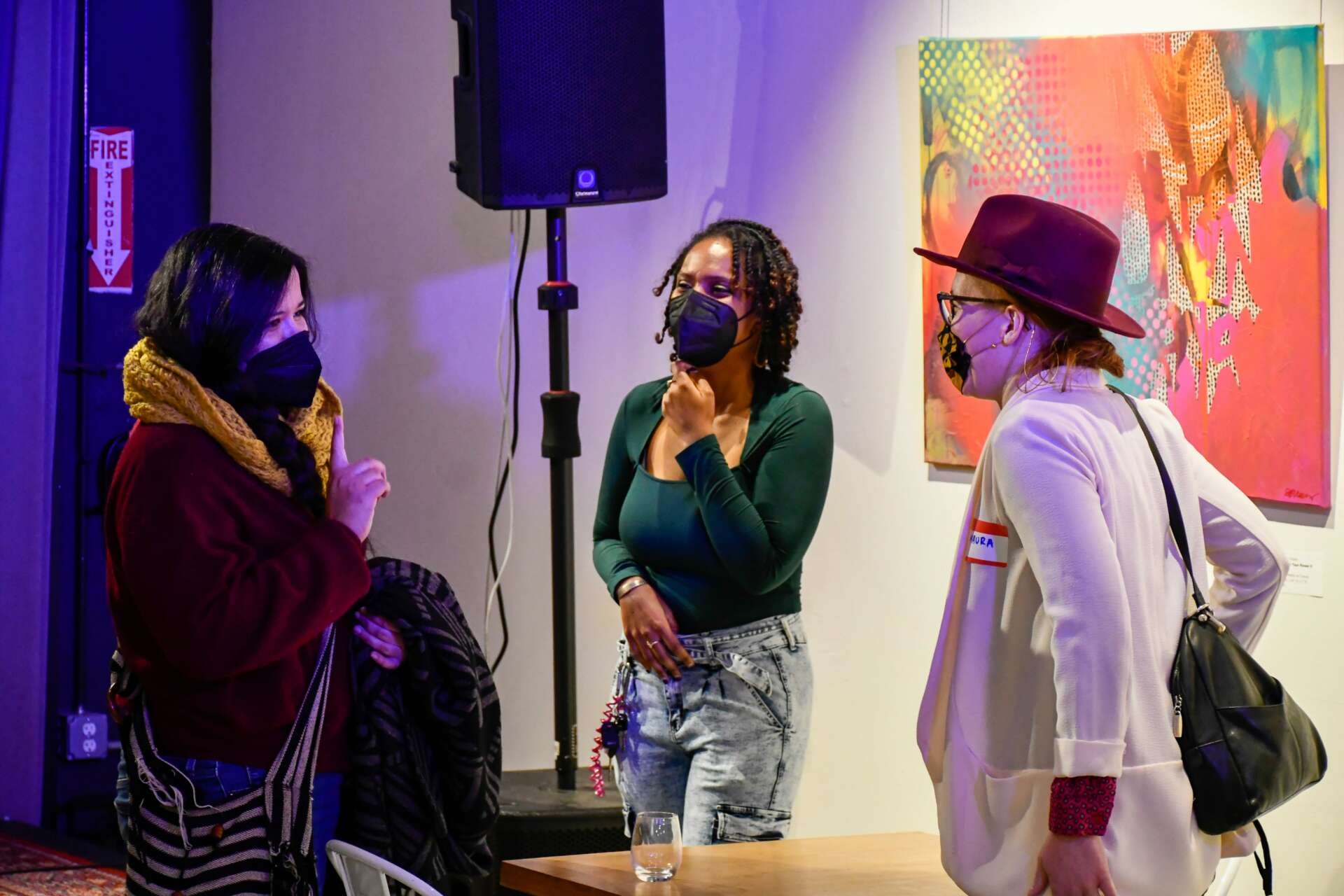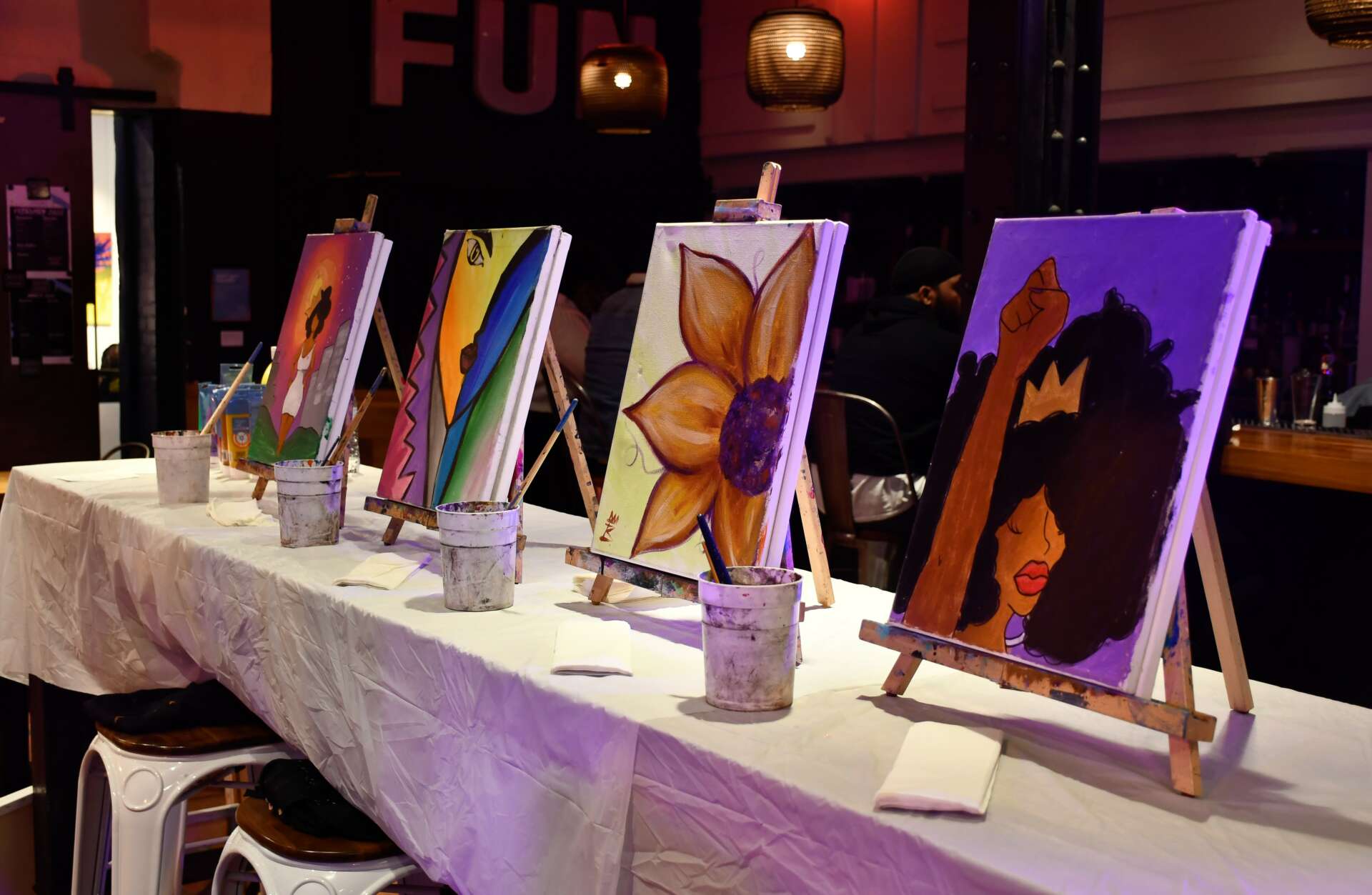We’re excited to introduce you to the always interesting and insightful Camille Kashaka. We hope you’ll enjoy our conversation with Camille below.
Camille, looking forward to hearing all of your stories today. Was there an experience or lesson you learned at a previous job that’s benefited your career afterwards?
Exploitation is exploitation, regardless of whether or not you are exploiting someone “a little less” than a counterpart. The conversation around internships and unpaid work in the guise of “education” or “experience” has gotten louder and louder over the years, and I’m glad to see that many organizations are taking the hint that you can’t give “interns” the job of an otherwise paid employee and … not pay them. In a former organization, I saw interns receive some incredible benefits, and very little pay, but they were expected to do the work, and sacrifice the time, of full time employees. The rationale was that our counterparts in the city were giving less and expecting more than we were. That was true. But those interns were still struggling. They were still tired. They were still exploited. I left that organization vowing that I would never use such a baseless rationale to hurt people to push forward a “mission.” I don’t just extend that thinking to interns. Every human is valuable. Every human should be able to live a comfortable, safe life. No mission is more important than humans. The mission IS humans. I will always put the human first in my approach to arts management.

As always, we appreciate you sharing your insights and we’ve got a few more questions for you, but before we get to all of that can you take a minute to introduce yourself and give our readers some of your background and context?
I am currently the Executive Director of Motor House, a creative hub in Baltimore. In this role, I help celebrate the bold cultural output of this vibrant arts city, primarily focusing on emerging artists. But I didn’t start here. I started as an actor who hated auditioning. So I moved into theatre administration, knowing that I loved the art form and that I would never leave. I graduated from Howard University with a BFA in Theatre Administration. I found my place as a stage manager and a lighting designer, but the more I worked, the more I saw that many art forms gave me the same joy as theatre. So I moved into facilitating spaces and opportunities for visual artists, dancers, musicians, performance artists, and whatever other art form that fits no label. I received my MA in Arts Management from American University and have been nurturing creative environments ever since!
We often hear about learning lessons – but just as important is unlearning lessons. Have you ever had to unlearn a lesson?
Hierarchy is a dangerous weapon. Octavia E. Butler pointed this out in her novel “Dawn”. That’s when I first started noticing how hierarchy stunts our growth as a species, but certainly in our sector. When you have powerful institutions making decisions, while the creators of the culture struggle to survive, there is a problem. What I wish empowered more artists is the idea that they have control. Organizations and institutions that have a lot of resources need artists most! Institutions are nothing without the people who give them relevancy. That goes for artistic institutions, funding institutions, distributors, everyone. All the means of production…. they are empty without the artist. When an artist needs something, they should feel confident in the ask, because it is mutually beneficial. The answer may not always be yes, but that doesn’t mean you are undeserving.

Can you share a story from your journey that illustrates your resilience?
Twice in my life I have quit okay-ish paying jobs with benefits without having another job to fall back on. It is important to note at this point in the story that in both instances, I had a support system, though it wouldn’t solve all of my problems, I knew I would at least always be safe and fed.
Both times I quit these jobs was because I was not willing to sacrifice my mental health in order to enjoy financial stability. I noticed that I was falling into depressive episodes more often, that my relationships were suffering, and that I just felt bad.
Both times I quit, I was terrified. I didn’t have a savings. I didn’t have a plan. I didn’t have control over the future. But I knew that staying felt worse than that terror of the unknown.
Both times I quit, I found part time work that held me down. Sometimes it was not work that I loved. I went from a directorship in an arts organization to working retail part time. But I took pride in that work and I still have an incredible relationship with that employer. She’s my friend. I love her.
Both times I quit, I found work again. Full-time work. Work that aligned with my personal mission. Work that felt purposeful and that I was excited to do. One of those jobs is the one I’m in now. I love what I do. I love the community that has embraced me and trusted me to take care of them. And I only had the space to be here because I left the places where I did not fit.
Contact Info:
- Website: www.motorhousebaltimore.com
- Instagram: @motorhousebaltimore
Image Credits
Alphonso Smith, Jr


